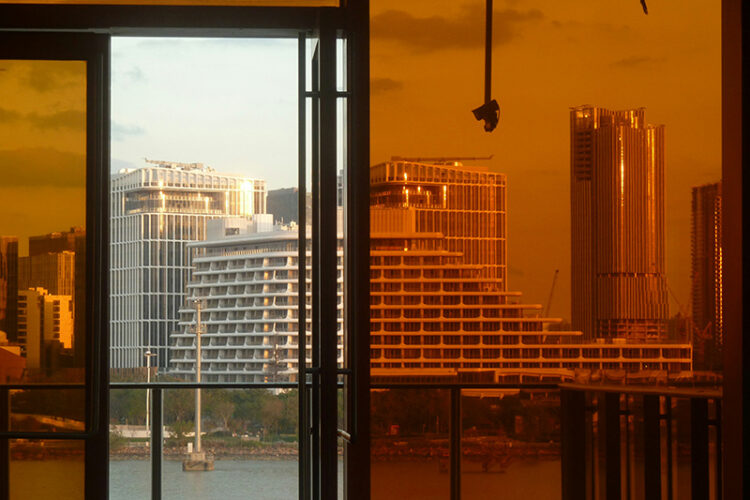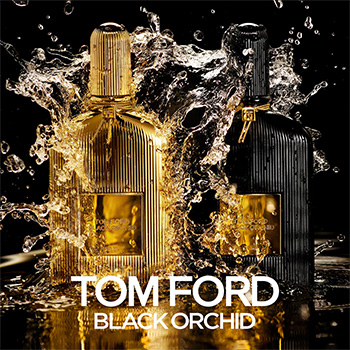Privacy is important for every business—whether it’s keeping meeting rooms private or giving customers a space where they feel comfortable. When it comes to blocking outside views, most business owners face the same question: Should you choose window tinting or blinds? Both options offer privacy, but they work in different ways. In this article, we’ll compare them side by side to help you figure out which one works best for your space.
Why Privacy Matters for Businesses
Privacy isn’t just about hiding what’s inside—it’s about safety, comfort, and peace of mind. In an office, it means employees can focus without feeling like they’re on display. In meeting rooms, it protects private conversations. For storefronts, it helps customers feel comfortable knowing they aren’t being watched from the street.
But privacy isn’t just about comfort—it’s about security, too. If people can’t see your equipment or inventory, they can’t plan to steal it. Plus, using a trusted window tinting service adds an extra layer of protection by making windows harder to break.
Here’s why every business should care about privacy:
- Keeps information safe. Private meetings stay private, and sensitive data stays out of sight.
- Creates a better work environment. Fewer distractions help everyone stay focused.
- Boosts security. People can’t steal what they can’t see.
- Makes customers feel comfortable. Privacy shows you care about their experience.
Understanding Window Tinting for Privacy
Window tinting adds a thin film to your windows that blocks outside views without shutting out natural light. It’s a popular choice for businesses because it keeps spaces private without making them feel closed off. According to the International Window Film Association (IWFA), tinted windows can reduce up to 95% of glare and block 99% of harmful UV rays, protecting both privacy and interiors.
There are three types of window tinting that work best for privacy:
- Reflective tint. Makes windows look like mirrors from the outside during the day. Studies show that reflective films can cut visibility into a room by over 90% during daylight hours.
- Frosted or decorative films. Adds style and blocks the view completely while still letting in natural light. Frosted films are commonly used in conference rooms and private offices.
- Dual-reflective films. Offers privacy both day and night with a soft, tinted finish. These films reflect more light outward during the day and reduce indoor visibility at night when lights are on.
Here’s why many businesses choose window tinting:
- Great daytime privacy without losing light. Research from the US Department of Energy shows that commercial window films reduce heat gain by up to 84%, helping you stay comfortable and private without closing off natural light.
- Better security. Tinted windows make it harder for burglars to spot valuables inside. In fact, security window films can hold shattered glass together, reducing break-ins and injuries.
- Lower energy costs. According to the IWFA, window films can cut cooling costs by up to 30%, which means long-term savings on utility bills.
- Long-lasting results. High-quality films last up to 10 years and come with warranties, so they’re a durable and cost-effective solution.
Cons of window tinting for privacy:
- Doesn’t help much at night. During the day, reflective films keep people from seeing inside. But at night, if your lights are on, people can still see through the glass.
- Higher upfront cost. Window tinting costs more than blinds, with professional installation ranging from $5 to $12 per square foot.
- No adjustability. Once the film is on, that’s it. You can’t open or close it like you can with blinds.
Window tinting is a solid choice for businesses that want privacy, security, and energy savings all in one. It works especially well for offices, storefronts, and healthcare facilities.
Understanding Blinds for Privacy
Blinds are a classic choice for privacy and have been a go-to option for businesses for years. They’re simple to use, easy to adjust, and let you control how much light or visibility you want. From blocking off meeting rooms to shading office spaces, blinds offer privacy when you need it and light when you don’t.
Here are three types of blinds that work well in business spaces:
- Vertical blinds. A solid option for large windows or glass doors. You can slide them open, close them, or tilt the slats for partial privacy.
- Venetian blinds. Horizontal slats that tilt to control light and privacy. They’re popular in offices because they’re easy to adjust.
- Roller blinds. A simple, modern choice. They roll up and down, giving you full coverage or a completely open window.
Pros of blinds for privacy:
- Full control over privacy. You can tilt, raise, or lower them to let in light or block views.
- Lower upfront cost. Blinds are usually more affordable than window tinting, making them a budget-friendly pick.
- Easy to replace. If a slat breaks, you can swap it out without replacing the whole set.
- Good nighttime privacy. Unlike window tinting, blinds block views day and night.
Cons of blinds for privacy:
- Block natural light. When they’re closed, they keep people from seeing in, but they also shut out daylight.
- High maintenance. Blinds collect dust quickly and need regular cleaning to stay presentable.
- Easily damaged. Slats bend, break, or tangle easily, especially in busy offices.
- No added security. They block the view, but they don’t make windows stronger or prevent break-ins.
Blinds are a practical, budget-friendly choice for businesses that want adjustable privacy, but they come with more maintenance and less security than window tinting.
Conclusion: Window Tinting vs. Blinds — Which One Works Best for Business Privacy?
Both window tinting and blinds offer privacy, but they solve the problem in different ways. Blinds give you full control and cost less upfront, but they block natural light, break easily, and need regular cleaning. Window tinting, on the other hand, provides solid daytime privacy, cuts energy bills, and lasts for years with little maintenance.
For many businesses, the best option is both—tinting for daytime privacy and blinds for nighttime coverage. But if you’re looking for a lasting, low-maintenance solution, commercial window tinting is hard to beat. It adds privacy, lowers cooling costs, and protects your windows—all while keeping your space bright and inviting.






























